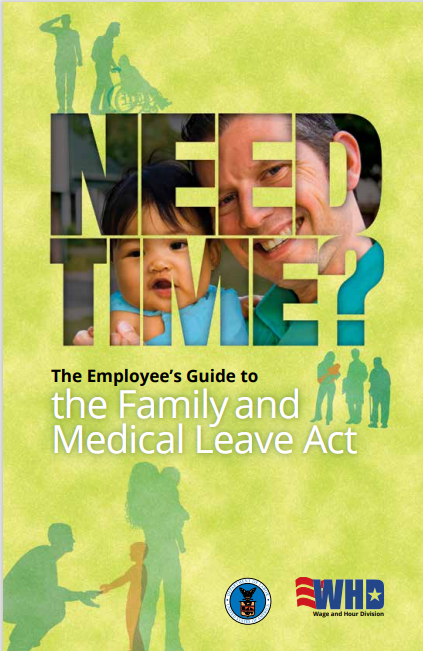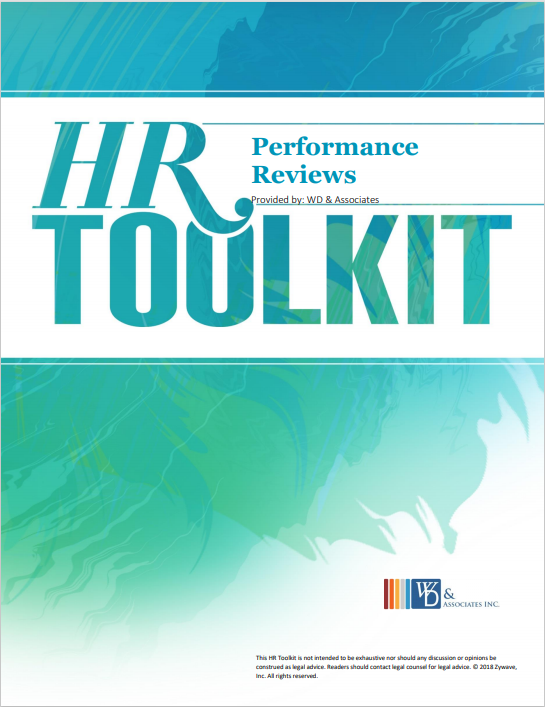While it is essential that small businesses carry certain types of insurance, including general liability and business interruption coverage, these policies are not employee benefits per se. Certain types of insurance for employees are required under various state statutes but may or may not be applicable to all businesses. Your insurance broker can help you to determine what is required and what are simply the best core benefits to offer to employees.
Following are some examples of the most common types of insurance that every business should consider purchasing and/or offering to their employees:
Health Insurance
No item in the benefits package is more critical to the average employee than health insurance. It is also the costliest type of insurance for small businesses to offer, but is necessary to attract and retain top employees.
A health insurance package usually includes medical, dental, and vision benefits. These group policies may offer employees the ability to take advantage of Health Savings Accounts, Flexible Spending Accounts, and Health Reimbursement Arrangements. A benefits broker should be able to incorporate several of these products to create a high quality affordable plan that benefits both employers and employees.
Group Life Insurance
Group life insurance provides basic life insurance coverage for free or at little cost to employees. Those employees wishing to purchase additional life insurance coverage usually have the option to do so by having premiums automatically deducted from their paychecks.
Group life insurance policies usually offer term life insurance rather than permanent whole or variable life insurance coverage. A benefits advisor will be able to assist employees in determining what the best option is for themselves and their families.
Workers’ Compensation Insurance
Workers’ compensation insurance is mandatory in most states. In some states company size will determine whether or not Worker's Comp is required. In others it is mandatory for all employers regardless of company size. If an employee is injured while on the job, workers’ comp covers medical expenses, lost wages up to a certain limit, rehabilitation and death benefits. In return for providing these benefits, the worker is generally not able to sue the employer for their injuries.
Unemployment and Disability Insurance
While unemployment and disability insurance is another great type of coverage, how it is funded depends on state law. In the majority of states, funding for unemployment benefits derives from taxes paid by employers who pay on behalf of their employees. However, there are some states in which the employee must pay the tax. Additionally, short term disability insurance is becoming mandatory in many states. Long term disability insurance is generally voluntary and although it can be expensive when purchased individually, group disability policies offered through employers can be surprisingly inexpensive. Whether you are looking at providing short or long term disability insurance to your employees, it can often be some of the most valuable insurance a person can buy.
Professional Liability Insurance
Certain small businesses offer professional liability insurance, also known as errors and omissions insurance, to applicable employees. This coverage provides protection for the company and the professional should any errors occur and a client lawsuit ensues.
Any business providing professional services, such as accounting, consulting, engineering, or real estate sales should purchase a professional liability policy. These claims do not fall under general liability coverage.
Directors and Officers Insurance
Those serving as directors and officers of companies need protection against personal losses if they are sued on account of their role within the company. Directors and officers' insurance serves that purpose. In addition to protecting individuals, this coverage may cover legal fees and other lawsuit-related expenses.
Every small business has its unique insurance needs. Your broker should conduct an in-depth analysis of your current and future policy requirements. They can then provide you with insurance solutions to protect your business while helping you to attract top talent. Get in touch with the experts at WD & Associates today for a comprehensive quote!













Leave a comment